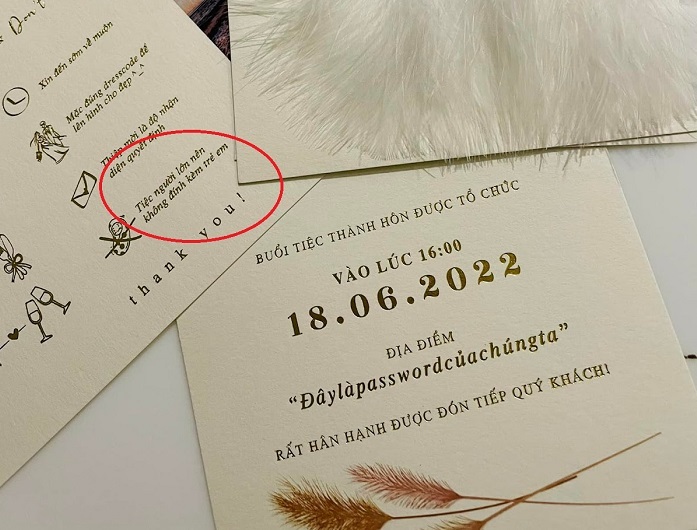Young Japanese people find ways to cover tattoos
At the end of a meeting with a client in the office, Ayaka Kizu, a web designer in Tokyo, was able to remove the medical tape on her right arm, revealing a tattoo of a colorful unicorn.
The 28-year-old is one of a growing number of young people to oppose Japan’s longstanding prejudice against tattoos, which is often equated with organized crime. New York Times.
Inspired by Japanese influencers and foreign artists, at the age of 19, Kizu decided to get a crescent moon tattoo on his right thigh to show his love for the manga Sugar Sugar Rune. After that, she got 5 more tattoos.
Since he started working part-time in college, Kizu had to find a way to hide his tattoos. For example, she let her hair down to hide a figure behind her ear. With the exception of some comfortable working environments, revealing tattoos is still basically prohibited.
“It’s heartbreaking, but as long as I keep them hidden at work, I don’t mind. I wanted to look fashionable and simply decided to get them tattooed.”
With each time going online, Japanese youth are more exposed to the tattoos of famous singers and models, gradually removing the stigma against tattoo art and boldly challenging the expectations of society. appearance association.
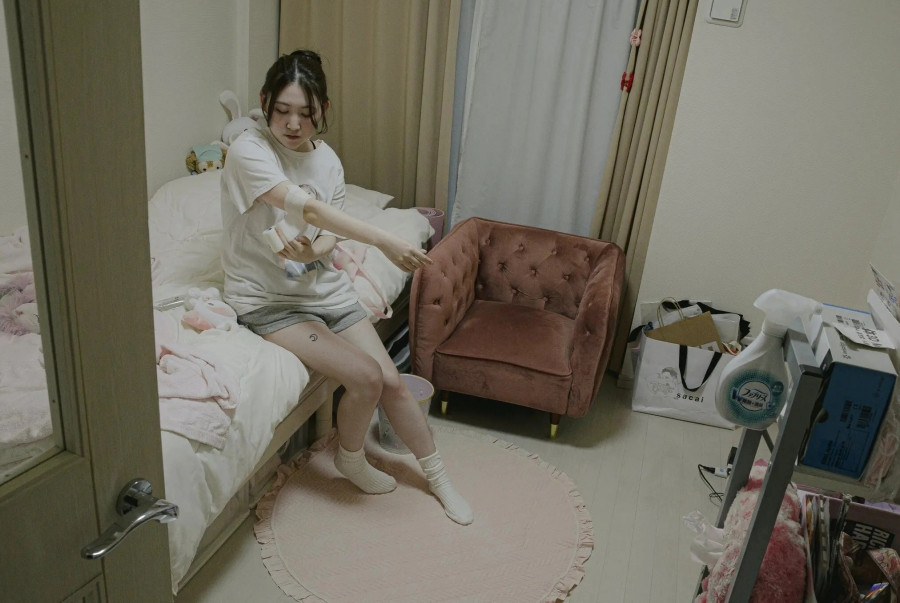
Open
According to Yoshimi Yamamoto, a cultural anthropologist at Tsuru University, there are currently about 1.4 million Japanese adults with tattoos, nearly double the 2014 figure.
In 2020, Japan’s Supreme Court ruled that people who are not licensed medical professionals can get tattoos. According to a survey conducted by an information technology company in 2021, 60% of people aged 20 and under believe that general rules regarding tattoos should be relaxed.
In big cities like Tokyo and Osaka, it’s increasingly common to expose tattoos among food service workers, retail employees or those working in the fashion industry. Takafumi Seto (34) wears a t-shirt showing off the black and red ink tattoos on his arm while working as a bartender at a trendy cafe in Shinjuku.
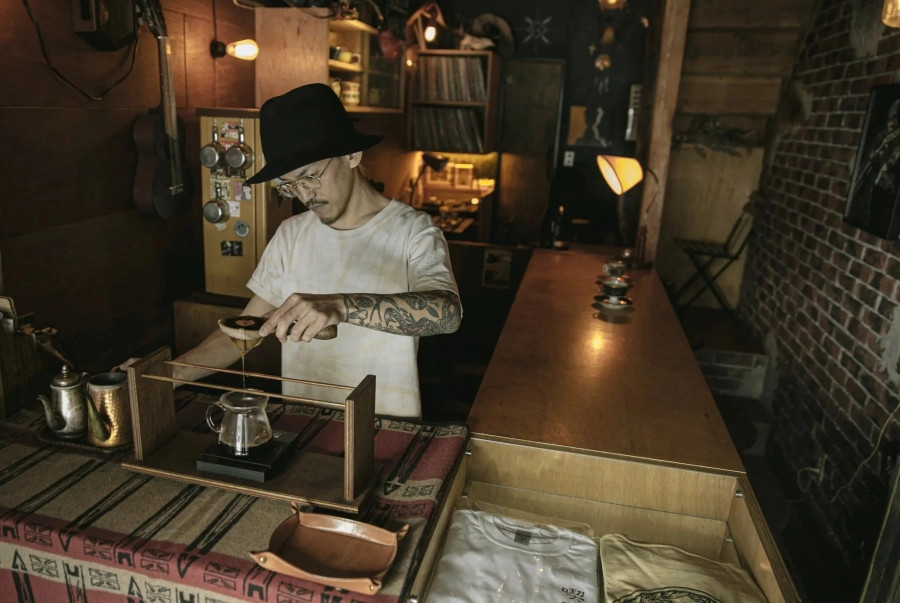
Most of the pictures were tattooed by Seto after moving from a western suburb of Japan to Tokyo 10 years ago. His grandmother didn’t know about these tattoos, so he only visited her in the winter, when he could wear long sleeves.
“I think the barrier to getting a tattoo has dropped. On Instagram, people show off their tattoos. Now, the tattoo is ‘OK’.”
Hiroki Kakehashi (44), a tattoo artist known to many women in their 20s for his coin-sized minifigures, says his clients now come from a variety of professions: government employees, teachers. high school, nurse.
“They often get tattoos where they can be hidden, but there are more people with tattoos than they imagine.”
Change
Tattoos have a long history in Japan and are often associated with organized crime. It was not until 1948 that this art form was legalized, but the stigma remained.
Yakuza, or Japanese gangsters, often have “wabori” from the neck to the ankles – traditional hand-engraved tattoos in Japan. Because of the image of these criminal organizations, many hot spring resorts, beaches, and gyms ban people with tattoos. Office jobs that allow tattoos are still few, many companies forbid candidates to “stick with ink”.
Tattoos are also considered as one of the violations of the standard of appearance that Japanese people want and those who deviate from that standard can be punished.
In 2016, two subway employees received negative reviews after refusing to shave. In 2017, a naturally brown-haired high school girl in Osaka sued the government after being fined for not dyeing it black.
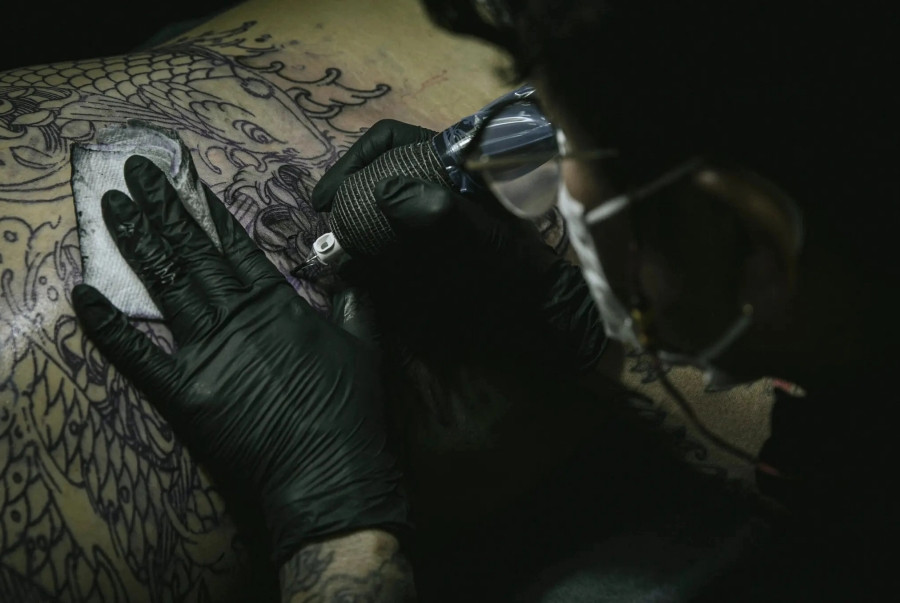
However, regulations are gradually being relaxed after facing many reactions.
In 2019, Coca-Cola Japan announced that it would allow employees to wear jeans and sneakers to “encourage individuality”. Last month, the Tokyo Board of Education announced that nearly 200 public schools would be removing five regulations on appearance, including requiring students to wear black hair or specifying the type of underwear.
Regarding tattoos, the case that led to the groundbreaking decision of the Supreme Court of Japan began in 2015, when Taiki Masuda, 34, an Osaka-based tattooist, was fined by the police for violating the medical practice law. .
The artist refused to pay the 300,000 yen fine (3,750 USD) because it “means admitting that tattooing is a crime and all tattoo artists are criminals” and brought the case to court.
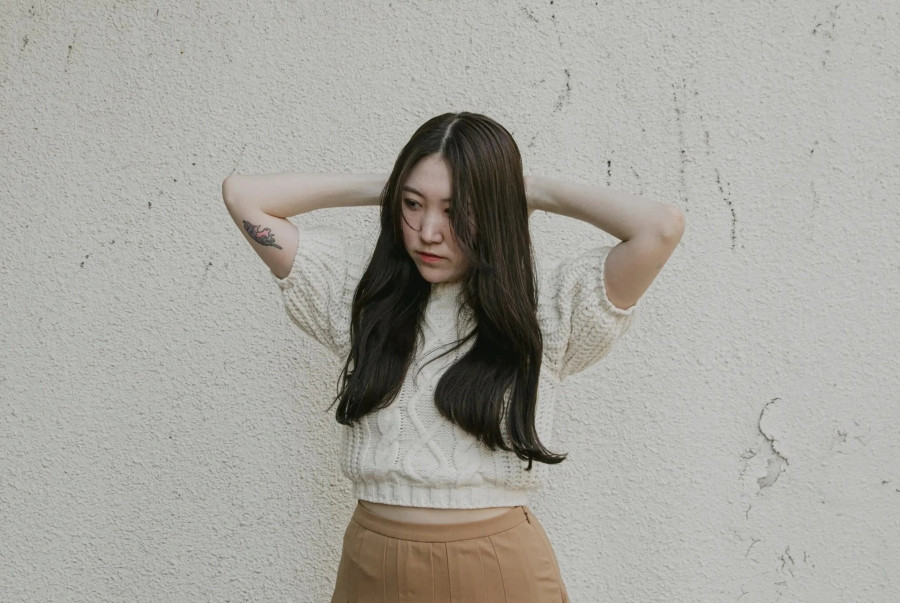
Later, a group of veteran tattooists, suppliers, and attorneys formed the Japan Tattooers Organization. In consultation with two doctors, the team offers an online course on hygiene and safety. The organization is currently negotiating with the Ministry of Health, hoping that the government will encourage all tattooists to take the course.
Careful
Advocating a gradual approach to society, some veteran Japanese tattooists are also concerned that some of the younger generation are ignoring regulations banning tattoos or underestimating newly-received privileges.
“We need to behave properly and follow the rules. A good image takes a long time to build, and a bad impression can be created in a moment,” said Asami, a 50-year-old tattooist. He just signed up to the gym again at the local gym 2 years ago.
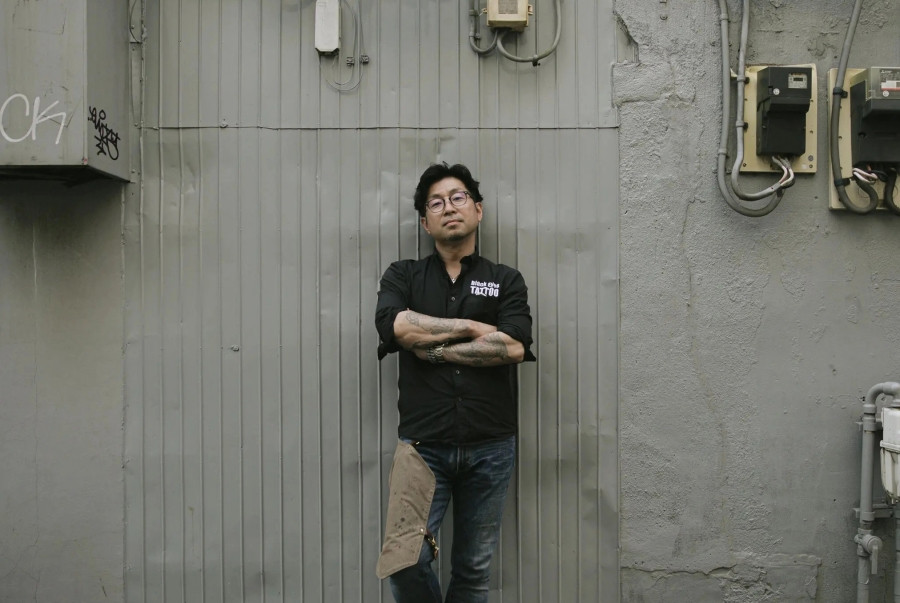
One of the young people who just entered the tattoo world is Rion Sanada (19 years old). She got her first tattoo not too long ago. Although she started looking for a full-time job, she didn’t feel too worried.
“I will only go to work where I can cover my arms and legs in loose clothing. Now, tattoos are much more popular. I’ll work in places like that until society catches up and I’m free to show off my tattoos.”
According to Zing
at Blogtuan.info – Source: vietnamnet.vn – Read the original article here
